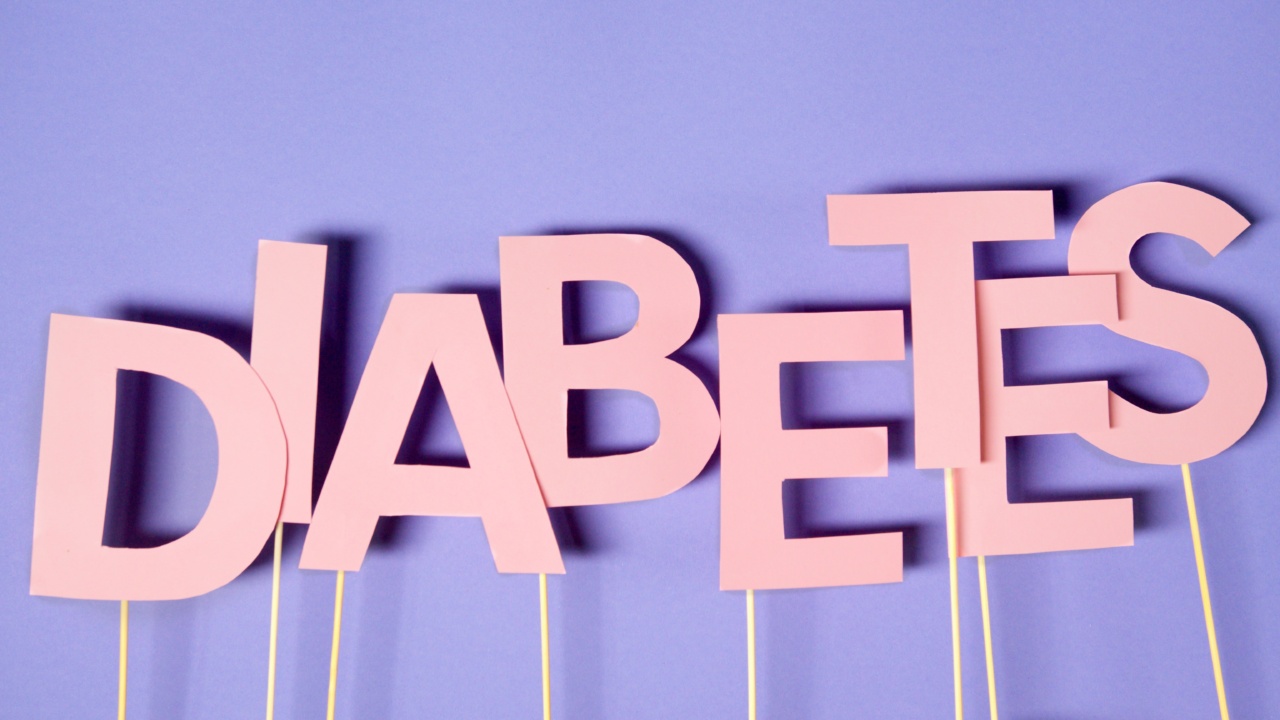The internet is filled with various diets from keto to paleo to vegan, and many people jump on the bandwagon without considering the consequences. Extreme diets can cause more harm than good, especially when it comes to your metabolism.
In this article, we will discuss how an extreme diet can wreak havoc on your metabolism and why it’s important to maintain a balanced diet.
What is Metabolism?
Metabolism is the process by which your body converts food and drink into energy that fuels your body’s daily activities.
It is responsible for breaking down proteins, carbs, and fats and turning them into energy, which is then used to fuel your body. Your metabolism also plays a crucial role in maintaining your body temperature, repairing cells, and regulating hormone levels.
How an Extreme Diet Affects Your Metabolism
An extreme diet is one that severely restricts calorie intake or eliminates specific food groups. These diets may help you lose weight quickly, but they can also lead to long-term metabolic damage.
Slows Down Your Metabolism
If you follow an extreme diet for an extended period, it can slow down your metabolism. Your body goes into starvation mode because it’s not getting enough calories, and this slows down your metabolism to conserve energy.
When this happens, your body burns fewer calories, making it harder to lose weight. When you eventually start eating normally, your metabolism is still slow, and you’re likely to gain weight quickly.
Muscle Loss
Extreme diets can lead to muscle loss. When you reduce your calorie intake drastically, your body starts breaking down muscle to get the energy it needs.
This is because your body needs to burn a particular amount of protein to function properly, and if it’s not getting enough from your diet, it will start to use some of the protein that makes up your muscles. Muscle loss is terrible for your metabolism because muscles are metabolically active, which means they help you burn calories even when you’re resting.
If you lose muscle mass, your metabolism will slow down, and you’ll have a harder time losing weight.
Increases Fat Storage
An extreme diet can also lead to increased fat storage. When your body goes into starvation mode, it tries to conserve energy by storing fat. It does this because fat is a high-energy fuel that your body can use when food is scarce.
So, instead of burning the fat, your body stores it, making it harder for you to lose weight when you start eating normally again. This can also lead to insulin resistance, which makes it harder for your body to use the sugar in your blood, leading to increased fat storage.
Decreased Energy Levels
Many extreme diets require you to cut out entire food groups, which can lead to decreased energy levels. Carbs are your body’s preferred fuel source, and when you eliminate them from your diet, you’ll feel tired and sluggish.
This can make it harder to stick to your diet, and you may end up binging on unhealthy foods, which can lead to weight gain.
Increased Risk of Nutrient Deficiencies
Extreme diets can also increase your risk of nutrient deficiencies. When you cut out entire food groups, you’re missing out on essential vitamins and minerals that your body needs to function correctly.
If you’re not getting enough nutrients, you’ll feel tired, weak, and may experience other health problems. Nutrient deficiencies can also slow down your metabolism because your body uses vitamins and minerals to help convert food into energy.
Why It’s Important to Maintain a Balanced Diet
It’s important to maintain a balanced diet to keep your metabolism running at its best. A balanced diet includes a variety of foods from all food groups, including vegetables, fruits, whole grains, lean proteins, and healthy fats.
When you eat a balanced diet, you give your body the nutrients it needs to function correctly, including vitamins, minerals, and fiber. You also help keep your metabolism running smoothly, making it easier to lose weight and maintain a healthy weight.
The Bottom Line
An extreme diet can wreak havoc on your metabolism, leading to long-term metabolic damage.
If you want to maintain a healthy weight and keep your metabolism running at its best, it’s important to eat a balanced diet that includes a variety of foods from all food groups. If you’re unsure about how to create a balanced diet, consider talking to a registered dietitian who can help you create a personalized meal plan that meets your nutritional needs.































